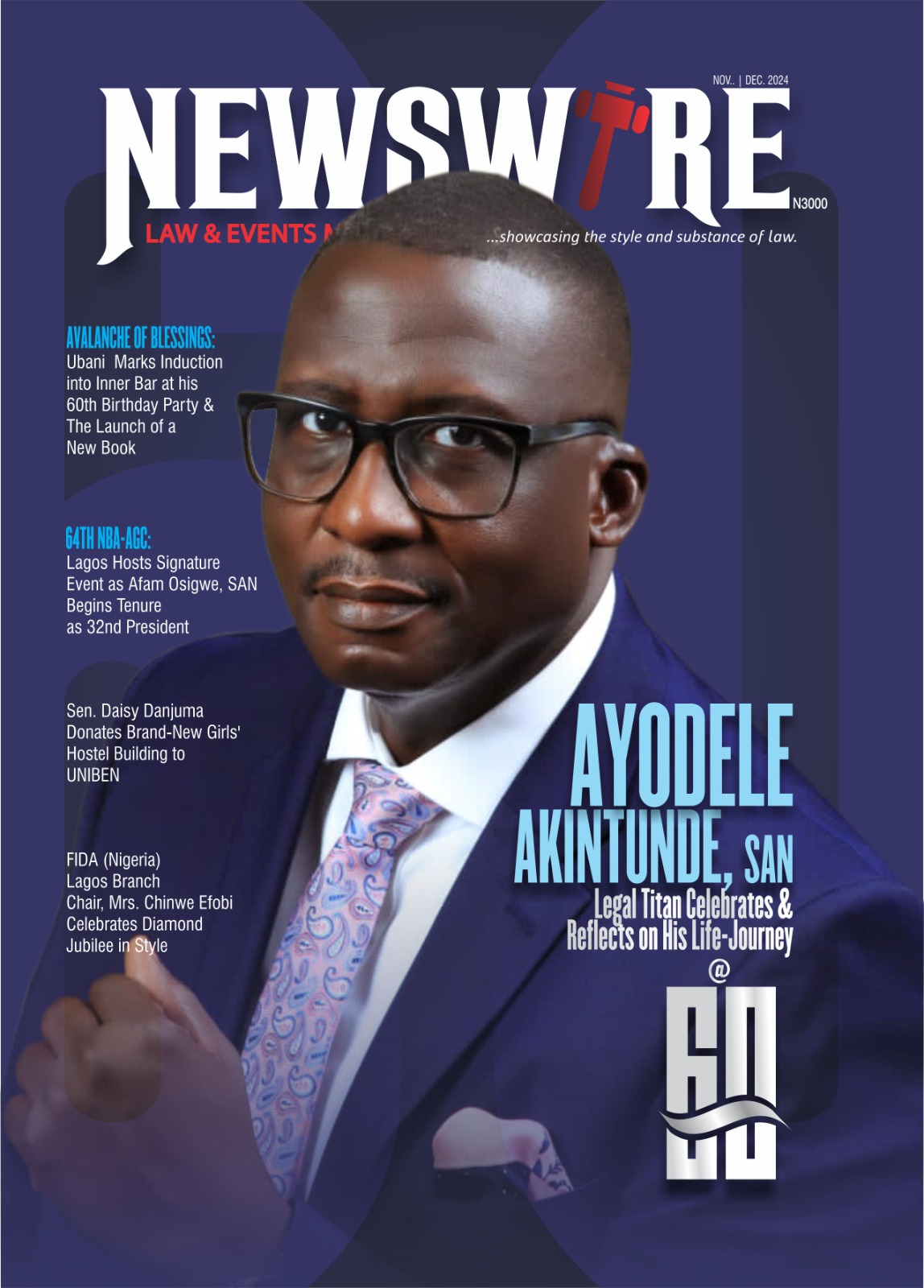The World Bank has reaffirmed its commitment to ensuring that persons with disabilities are not left behind in the provision of Water, Sanitation and Hygiene (WASH) services in Nigeria, under its $700 million Sustainable Urban and Rural Water Supply, Sanitation and Hygiene (SURWASH) programme.
The World Bank renewed its commitment during a National Roundtable on Disability Inclusion in the WASH sector in Abuja.
The meeting, attended by government officials, civil society organisations, and representatives of persons with disabilities, focused on assessing progress, identifying barriers, and promoting inclusive approaches within the SURWASH framework.
Speaking at the event, Ms Awa Diagne, the World Bank Task Team Lead for SURWASH, said the programme is designed to finance infrastructure and transform national delivery systems to be more inclusive and sustainable.
“SURWASH is not a one-off project but a programme aimed at helping states design and implement policies that prioritise inclusion and resilience, especially for persons with disabilities,” she said.
Diagne stressed that disability inclusion must go beyond physical structures such as ramps and handrails and instead address the full range of disabilities, including mobility, visual, hearing, and cognitive, through intentional and inclusive design from the onset.
She urged state-level actors to translate the outcomes of the roundtable into concrete action. “We must rethink who we consult and how we define disability inclusion. It should be embedded in planning, monitoring, and evaluation,” she added.
A Senior Social Development Specialist at the World Bank, Cindy Ikeaka, noted that over 25 million Nigerians live with disabilities, many of whom face systemic exclusion from essential services due to inaccessible infrastructure and weak enforcement of policies.
“Children with disabilities are unable to attend school simply because buildings are not designed with them in mind,” Ikeaka said, highlighting the need for the stronger implementation of Nigeria’s 2019 Disability Act
She also cited the World Bank’s Adolescent Girls Initiative for Learning and Empowerment (AGILE) project as an example of the Bank’s inclusive development approach.
“True accessibility begins with engaging those directly affected. She said that inclusion is not optional but essential for sustainable development,” she said.
SURWASH National Programme Coordinator, Mr Abdulhamid Gwaram, described disability inclusion in WASH as a legal and moral responsibility, citing the 2019 Act, which mandates inclusive public services.
He acknowledged gaps in planning and design that hinder access for persons with disabilities and called for decentralised efforts. “We are partnering with the National Commission for Persons with Disabilities, but we must go beyond federal-level discussions to state and local action,” he stated.
Monitoring and Evaluation Officer Mr Tony Agwuna called for the institutionalisation of disability needs across Ministries, Departments, and Agencies (MDAs) and urged the disaggregation of data to capture the experiences of people with disabilities.
“Inclusive WASH is a human rights issue, and key to meeting both the SDGs and Nigeria’s international obligations under the UN Convention on the Rights of Persons with Disabilities,” he said.
The SURWASH programme is being implemented in Delta, Ekiti, Gombe, Imo, Kaduna, Plateau, and Katsina States.
-Advertisement-
Grab our latest Magazine, "Ayodele Akintunde, SAN: Legal Titan Celebrates and Reflects on His Life Journey.". Get your order fast and stress free.
For more details about Newswire Law&Events Magazine, kindly reach out to us on 08039218044, 09070309355. Email: newswiremagazine@yahoo.co.uk. You will be glad you did







